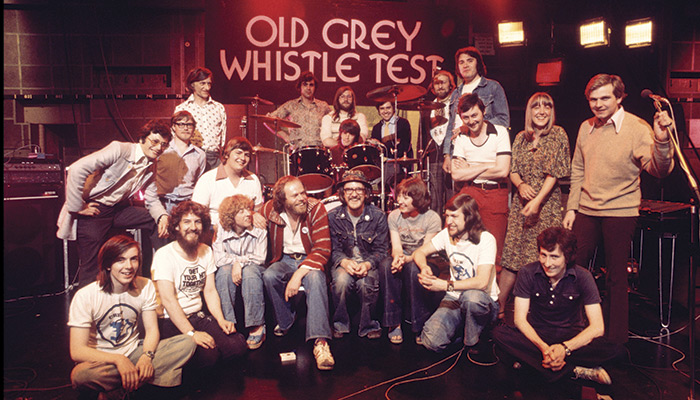
According to the publicity for the 2018 special of the Old Grey Whistle Test, the original programme derived its name from a phrase used in the early days of the US record industry. When executives got the first pressing of a new record they would play it to people they called the ‘old greys’ – doormen in grey suits. Any song the old greys could remember and whistle, having heard it just once or twice, had passed the old grey whistle test.
Having just had a meeting about a digital project that is not delivering made me think about the role that finance plays in sanity checking and challenging projects, and whether there might be an equivalent of the old grey whistle test for innovation projects today?
Most organisations are pretty good at business cases. They recognise the importance of being clear at the outset about what they are trying to achieve and why; are competent at explaining what is expected in term of benefits, risks and cost savings. They explore and evaluate options. Then they build a final business case that provides the foundations for procurement, implementation and monitoring.
However, it is surprisingly easy to do the right things but still sign off a project that delivers few benefits at great cost, or worse.
Asking the right questions is central to good planning and decisions, and the finance team has a key role to play in questioning and supporting digital projects, both as part of the project team and more generally in supporting good governance and stewardship.
In the early stages of developing a business case you will want to build rapport, get people talking and understand their points of view to gather information. Later, when you have a good understanding of the way forward, you’ll need to narrow down the options, assess feasibility and be clear on preferences, priorities and commitments. At this stage, the aim of your questions will be to focus the conversation and draw conclusions.
Knowing when and how to challenge is important, as is style. The challenge part is about asking the ‘right’ questions to really understand what is required and why it is important rather than taking things at face value. You need to start with a genuine desire to understand the difficulties and issues, with the aim of getting the right result for the organisation and making decisions built on mutual trust and respect. Challenging plans in a positive way might be framed as “Why is this important?” and “Is there a better way of achieving this objective?”.
Questioning and challenging help to shape and refine a good business case. But, for me, the equivalent of the old grey whistle test is to ask yourself and others some simple questions, such as: ‘Would I use or buy this service?’; ‘If this was my money, would I invest?’; ‘Do I really believe these benefits will be delivered?’; and, importantly, ‘Am I confident we can stop this project if it starts to go off the rails?’.
You can never be 100% certain or guarantee success, but if you are not confident at the outset, it is best not to proceed. Do you whistle with confidence each time you sign off a business case?



















